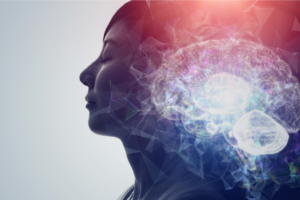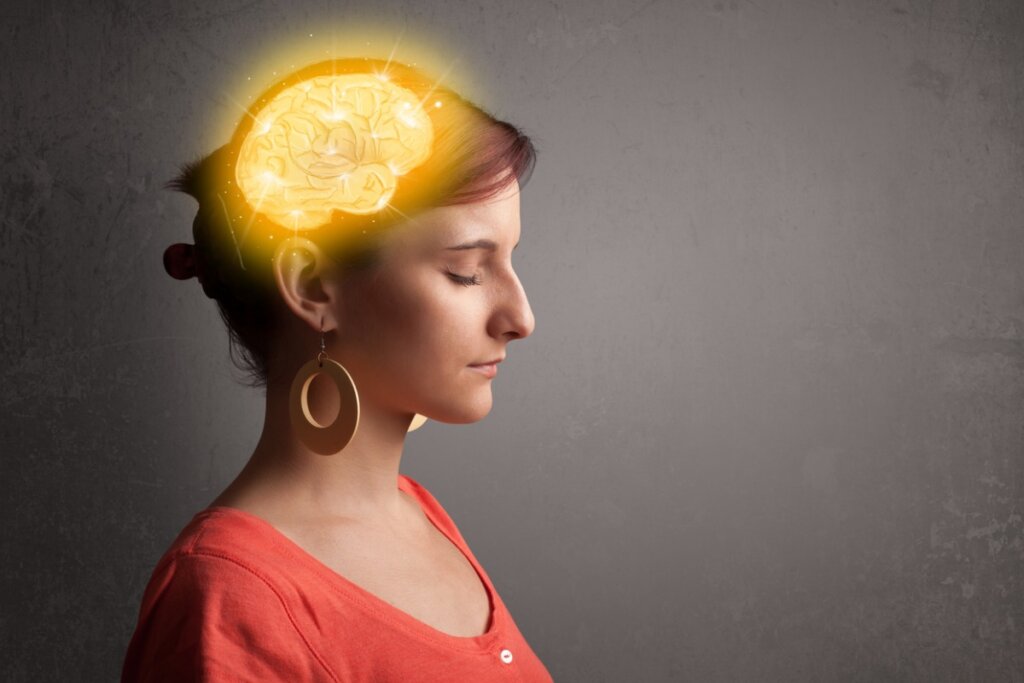Science Claims That Serotonin Imbalance Doesn't Cause Depression


Written and verified by the psychologist Valeria Sabater
Recent research has demonstrated that serotonin deficiency doesn’t cause depression. This is significant news since it questions the basis of some of the current interventions for this disorder. It seems that we’ve been assuming a somewhat reductionist view of the mechanisms of this mood disorder for many decades. Indeed, assuming that this condition is caused by a ‘chemical imbalance’ is still common.
Giving so much value to the aspect of neurotransmitters hides a dangerous side. We say hide because it’s not something that’s too obvious. As a matter of fact, many patients have made this idea their own. Consequently, they tend to explain their depression as the natural consequence of a serotonin deficit. This is an explanation that can help them avoid certain responsibilities that, otherwise, would correspond to them individually.
Psychotropic drugs provide some relief of symptoms, but they don’t end depression. Antidepressants relieve and numb suffering, but they don’t eradicate the underlying problem that orchestrates it. However, this new research demonstrates another highly interesting theory about the mechanism of action of SSRI antidepressants.

Serotonin and depression: questioning the myth
For almost half a century, we’ve assumed that a low level of serotonin in the brain imposes depressive symptoms. The so-called serotonin hypothesis was supported by animal research. SSRI antidepressants base their mechanism of action on inhibiting the reuptake of this neurotransmitter, thus increasing its density in the intersynaptic spaces.
This data, long accepted by science has now been invalidated due to a large-scale revision of the hypothesis. As a matter of fact, trials and all the previous studies that considered this relationship valid have been analyzed and errors have been found.
The analysis was conducted by University College, London (UK) and published in the prestigious journal, Molecular Psychology. The authors found no valid, reliable, and consistent evidence that there’s a direct link between low serotonin levels and the onset of depression.
When serotonin levels were measured, there was no difference between those who were depressed and those who weren’t.
An analysis that demonstrated no direct relationship
No doubt, these results may be questioned by some. That said, bearing in mind that multiple trials, studies, and investigations detailing the cases of thousands of people have been analyzed in detail, it’s difficult to doubt the conclusions.
From a genetic point of view and with the assistance of current technology, it can be demonstrated that the neurotransmitter serotonin isn’t linked to depressive disorder. Furthermore, no evidence has been found that a diet rich in tryptophan (essential for the synthesis of melatonin and serotonin) improves mood.
What about antidepressants?
If the imbalance in serotonin doesn’t cause depression, why do antidepressants reduce the symptoms associated with this disorder? First of all, it’s worth remembering how these psychoactive drugs work.
The main treatment used for depression is based on the administration of psychotropic drugs that inhibit serotonin reuptake. These drugs, such as sertraline, fluoxetine, and citalopram are called SSRIs,(selective serotonin reuptake inhibitors).
This study and the linked scientific literature claim that antidepressants work but it’s not really understood how.
The study cited the following:
Prolonged consumption of serotonin would reduce basal levels (in the absence of consumption)
The brain is defined by its plasticity. Therefore, when a patient takes a drug over time, their brain changes. In fact, not only does the brain get used to the chemicals, but it ends up altering some of their mechanisms of action.
With SSRI antidepressants, it’s been observed that, after taking them for a long period of time, the levels of serotonin that the person produces naturally, once the drug is withdrawn, are reduced. It’s as if the brain, having the extra supply, decides to override a good part of the natural mechanism and dedicate the resources to other purposes.
Our brains consume a good part of the energy we expend each day. They also have the ability to self-regulate and withdraw resources or change processes in favor of this saving. That said, if fluoxetine or any other antidepressant is taken for a short period of time, the effects appear to be extremely positive: the amount of serotonin increases.
The key lies in neuroplasticity
Anyone who’s taken antidepressants knows that, as a rule, they start to work after about two weeks. Scientists speculate that drugs based on serotonin reuptake inhibition promote favorable neuroplasticity.
It seems that the key lies, not in having a higher level of serotonin in the brain, but in having a brain with better connections. One that’s more agile, flexible, and oriented to change. A short and well-adjusted administration of psychotropic drugs achieves this. If the patient also starts psychological therapy, the benefits can’t be denied.
The brain starts to change and processes reality in a healthier way.

So what causes depression?
If an imbalance in serotonin doesn’t cause depression, what does? At this point, it’s clear that the hypothesis with the most weight focuses on the issue of neuroplasticity. The basic idea is that a depressive state can be the result of a deficiency in the connections between the neurons.
For this reason, developing new mental approaches, establishing new knowledge and practices, and leading an active life often equate to an individual’s well-being. Other experts mention the theory of inflammation in the bloodstream and its relationship with poorer brain function. While some advocate the gut-brain relationship.
That said, the undisputable fact remains that depression is a complex and multifactorial condition. There’s no single trigger that explains why we fall into these black holes. As a rule, genetic, social, experiential, and personality variables are combined. Encouragingly, science is currently providing us with increasingly clear data in this regard.
All cited sources were thoroughly reviewed by our team to ensure their quality, reliability, currency, and validity. The bibliography of this article was considered reliable and of academic or scientific accuracy.
- Moncrieff J (2022) The serotonin theory of depression: a systematic umbrella review of the evidence. Mol Psychiatry (July). doi:10.1038/s41380-022-01661-0.
- Wenk GL (2019) Your Brain on Food, 3rd Edition, Oxford University Press
This text is provided for informational purposes only and does not replace consultation with a professional. If in doubt, consult your specialist.








